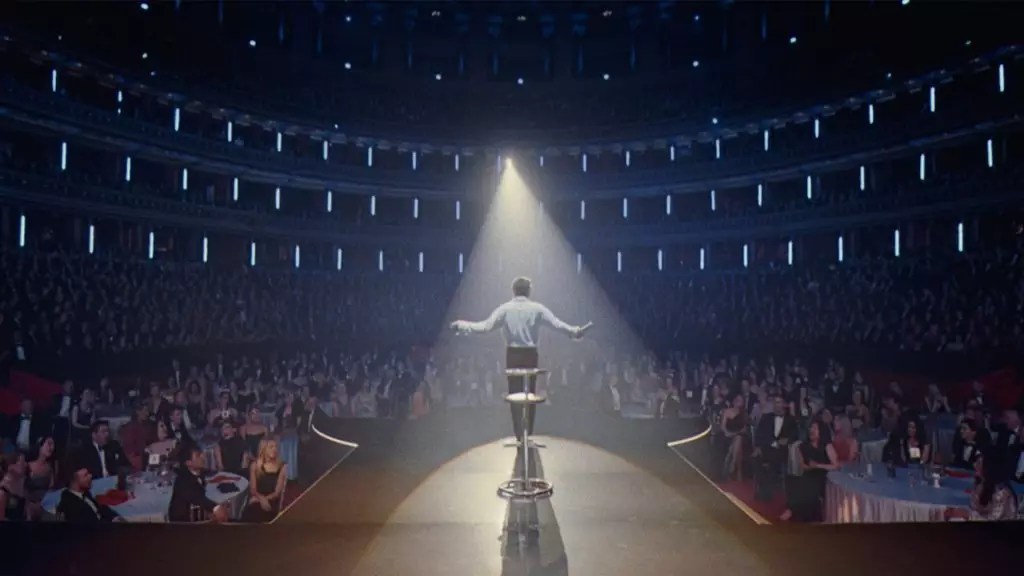The untimely death of Liam Payne has sent shockwaves through the entertainment industry, with many artists and fans grappling with the emotional fallout. Robbie Williams recently expressed his profound sorrow regarding Payne’s passing, emphasizing the heavy toll that fame can take on individuals. Williams articulated his feelings of depression and sadness, attributing a significant portion of this emotional burden to the loss of a fellow artist. The stark reality of losing someone so young, at the mere age of 31, has ignited discussions about the dangers and pressures of celebrity status.
Fame, often viewed as a glittering pathway to success, is frequently accompanied by challenges that are less visible to the public eye. Williams’ poignant reflections remind us that behind the glitz and glamour, there exists a darker side where mental health struggles can intensify. The tragic nature of Payne’s death raises critical questions about how society deals with those in the limelight, especially when they navigate turbulent waters that often remain hidden from public scrutiny.
The Call for Change in How We View Celebrity Life
Amidst his grief, Williams called for a reckoning regarding societal attitudes toward fame. He posed an essential question: “If it isn’t me, then who?” This rhetorical inquiry underscores the necessity for action. The painful reality is that the plight of artists in the spotlight often goes unaddressed. Williams argues that silence only perpetuates the problem, stating that inaction makes society complicit in the struggles faced by those under constant scrutiny.
Williams acknowledged the role of social media in amplifying these pressures. In today’s digital age, celebrity lives are not only publicized but often dissected and judged, adding layers of stress that can be unbearable. This realization is not just about fame; it resonates deeply with the human experience, suggesting that the challenges celebrities face are a reflection of broader social issues.
Robbie Williams’ own history in the music industry provides a valuable lens through which to understand his empathy for Payne. Williams rose to fame as a teenager with Take That, and when he mentored Payne and the other One Direction members during their time on The X-Factor, he recognized similar struggles within them. This bond formed on shared experiences of dealing with fame highlights the importance of connection in times of distress. Williams admitted to having faced his battles with addiction and the pressures of celebrity life, experiences that resonate deeply with Payne’s struggles.
In his tribute to Payne, Williams expressed how their paths intertwined and how much he valued their relationship. It’s clear that the loss hits personally for him, reminding us that celebrities are not just names and faces; they are individuals who experience deep connections, joy, and pain just like anyone else. Their mental battles often reflect the broader human condition.
Another crucial aspect of Williams’ commentary is his acknowledgment of the need for a cultural shift in how society views celebrity. He highlighted Chappell Roan, a rising artist who has bravely spoken out about the pressures that accompany stardom. Williams praised her courage and criticized the traditional narrative that often pressures celebrities to remain “grateful” for their fame, regardless of the accompanying distress. He articulated that this issue transcends mere celebrity culture and taps into societal failings.
As he contemplates the tragic end of Payne’s life, Williams is grappling with his own past and the need for a better system to support artists. This involves recognizing that fame is not a ticket to an untroubled life. Instead, it requires understanding, compassion, and systemic change that prioritizes the mental well-being of those in the spotlight.
Robbie Williams’ heartfelt reflections on Liam Payne’s passing reveal a deeper commentary on fame, mental health, and societal responsibility. As the entertainment industry mourns one of its young stars, it stands at a crossroads—where it can choose to prioritize the mental well-being of its artists and redefine its relationship with celebrity culture. By embracing a compassionate approach and advocating for change, we can honor Liam Payne’s memory and work towards a future where the pressures of fame do not overshadow the humanity of those who bear the burden.


Leave a Reply